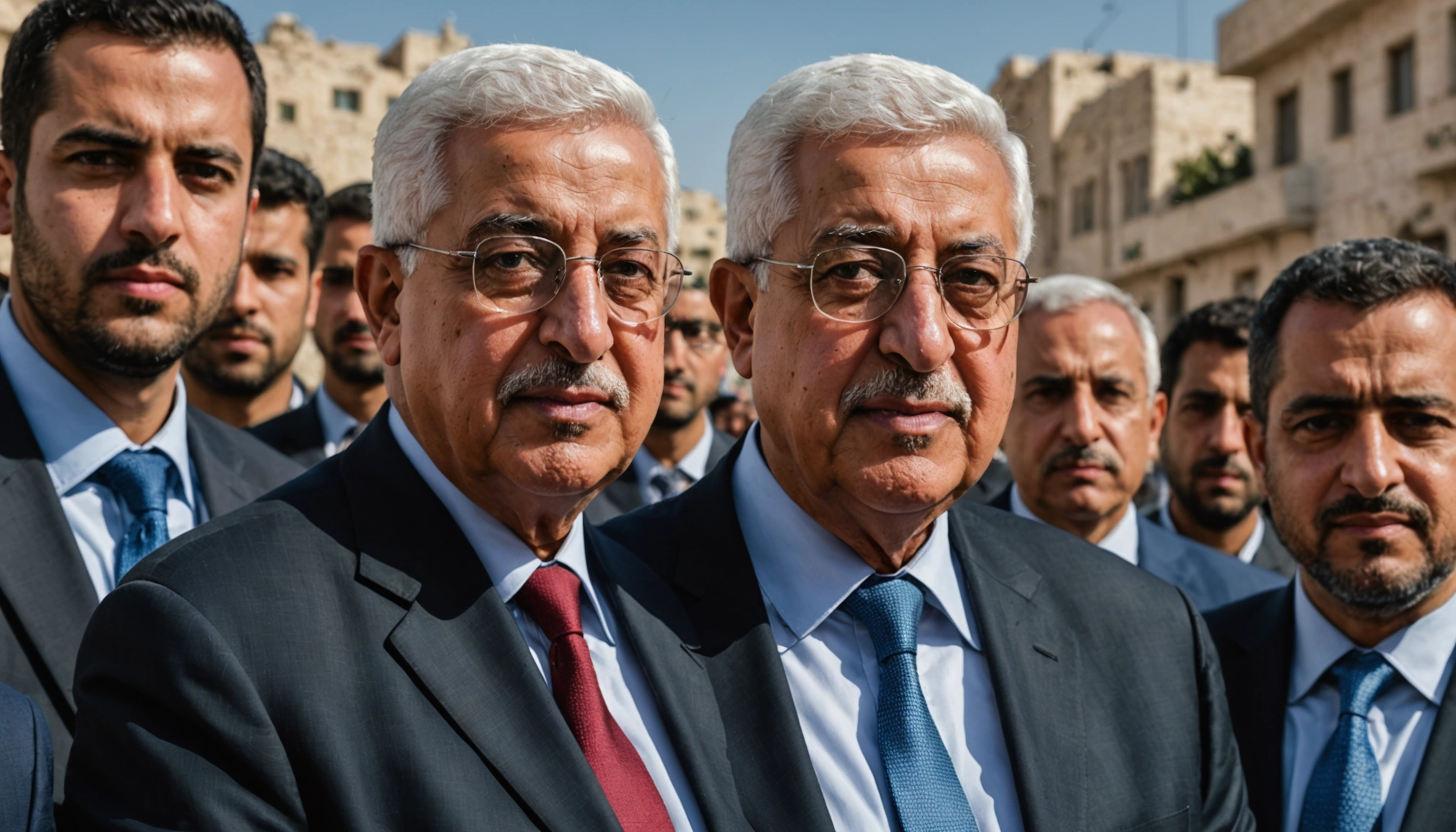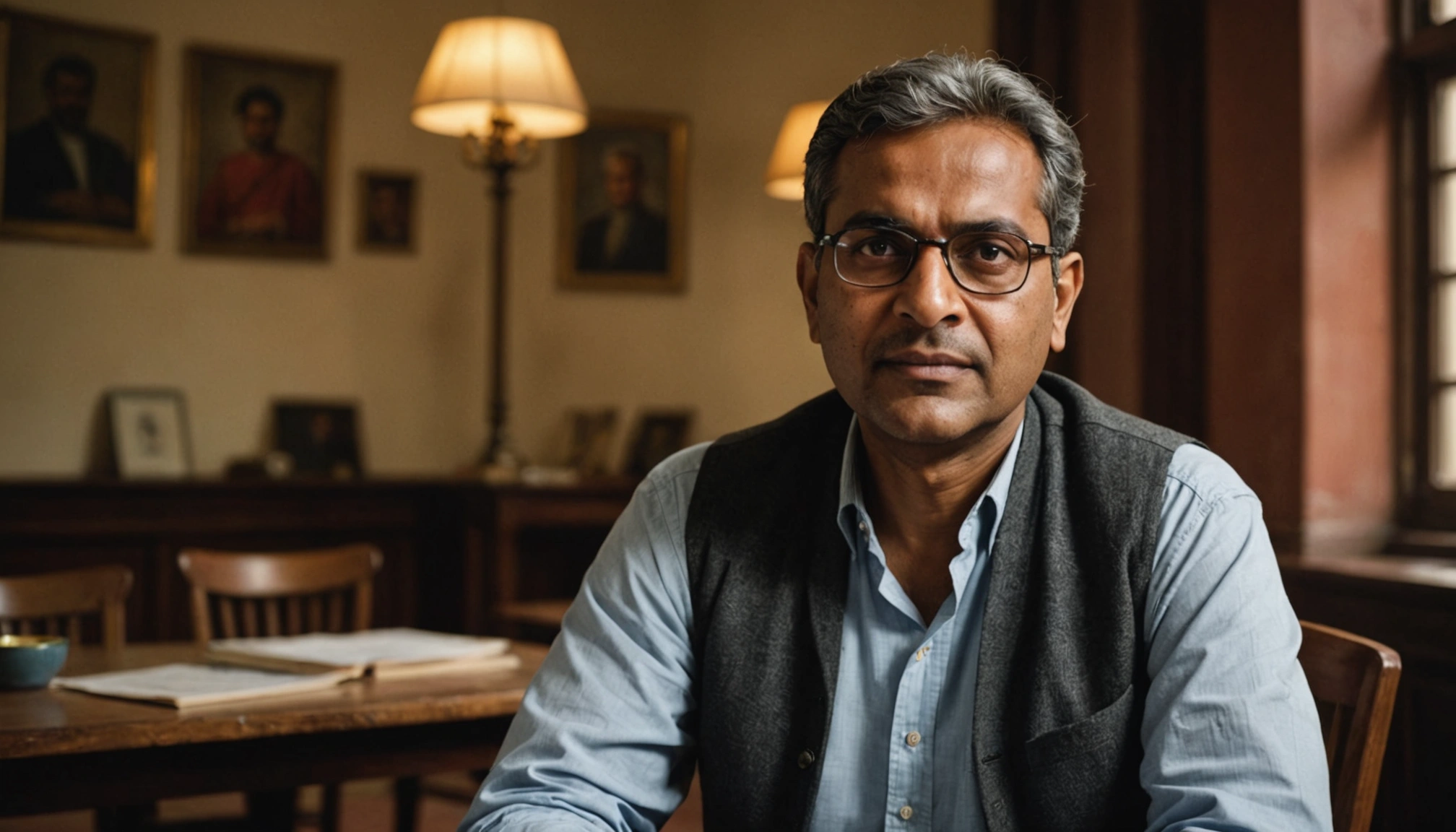Abbas Appoints Al-Sheikh as Likely Successor, Signaling Shift in Palestinian Leadership

RAMALLAH, West Bank – Palestinian President Mahmoud Abbas, 89, took a significant step toward solidifying his legacy and shaping the future of Palestinian leadership by appointing Hussein al-Sheikh, a longtime confidant, as his deputy within the Palestine Liberation Organization (PLO). The move, announced Saturday, positions al-Sheikh as the front-runner to succeed Abbas, who has led the PLO and the Palestinian Authority (PA) for nearly two decades.
A Calculated Move
The appointment of al-Sheikh, 64, to the newly created position of PLO vice president is widely viewed as a strategic maneuver by Abbas to ensure a smooth transition of power. The PLO, recognized internationally as the representative of the Palestinian people, oversees the PA, which governs parts of the Israeli-occupied West Bank. By designating al-Sheikh, a veteran politician with deep ties to the Fatah party, Abbas appears to be attempting to quell potential infighting and maintain stability within the Palestinian leadership.
The decision to create the vice presidency came after a two-day meeting of the PLO Central Council. The council voted to establish the role of vice chairman of the PLO Executive Committee, a position that would also be referred to as the vice president of the State of Palestine. This move is seen as an attempt by Abbas to regain relevance and influence in postwar planning for the Gaza Strip, particularly after being largely sidelined by the ongoing Israel-Hamas conflict.
Al-Sheikh: A Longtime Loyalist
Hussein al-Sheikh is a well-known figure within Palestinian politics, having served in various senior positions within the PA. He has been a close advisor to Abbas for many years and is considered a key player in the PA's relationship with Israel and the international community. Al-Sheikh currently serves as the Secretary-General of the PLO Executive Committee.
Al-Sheikh's appointment has been met with mixed reactions among Palestinians. While some view him as a capable and experienced leader who can effectively represent Palestinian interests, others criticize him for being too closely aligned with Abbas and the Fatah establishment. Concerns have also been raised about the lack of transparency and democratic process in the selection of a successor to Abbas.
Implications for the Future
The appointment of al-Sheikh has significant implications for the future of Palestinian politics. As the likely successor to Abbas, he would be in a position to shape the direction of the PA and the PLO, as well as the relationship between the Palestinians and Israel.
One of the key challenges facing the next Palestinian leader will be to address the deep divisions within Palestinian society. The rivalry between Fatah, which controls the PA in the West Bank, and Hamas, which governs the Gaza Strip, has been a major obstacle to Palestinian unity and progress. Reconciling these two factions and forging a common vision for the future will be crucial for any new leader.
Another pressing issue is the need to revive the peace process with Israel. Negotiations between the two sides have been stalled for years, and the prospects for a two-state solution appear increasingly dim. The next Palestinian leader will need to find a way to re-engage with Israel and the international community in a meaningful way to advance the cause of Palestinian statehood.
International Pressure and Internal Reforms
Abbas's move comes amid increasing pressure from Western and Arab countries for reforms within the Palestinian Authority. The PA has been plagued by allegations of corruption and poor governance, leading to a decline in public trust and support. Appointing an heir apparent could be aimed at appeasing critics and signaling a commitment to change.
In recent months, Abbas has announced a series of reforms aimed at improving transparency and accountability within the PA. However, it remains to be seen whether these reforms will be enough to address the deep-seated problems facing the Palestinian Authority.
Succession Process
Under the PLO's established procedures, the newly appointed vice president would assume the role of caretaker leader should Abbas die or become incapacitated. However, the appointment would need to be approved by the PLO's executive committee. The Palestinian Authority, meanwhile, would have a separate caretaker leader, Rawhi Fattouh, the speaker of the Palestinians' non-functioning parliament. Within 90 days, elections would need to be held. If that is not possible, the new PLO president would likely take over the position.
A Contentious Issue
The question of succession has been a contentious issue within Palestinian politics for many years. Abbas, who was first elected president in 2005, has refused to hold new elections since 2006, citing the ongoing conflict with Israel and the division between the West Bank and Gaza. This has led to accusations that he is clinging to power and undermining democratic principles.
Polls in recent years have shown plummeting support for Abbas and his Fatah party, while the Hamas has increased in popularity. This reflects a growing frustration among Palestinians with the PA's failure to deliver on its promises of statehood and economic prosperity.
Conclusion
The appointment of Hussein al-Sheikh as the likely successor to Mahmoud Abbas marks a pivotal moment in Palestinian history. As the Palestinians navigate a complex and uncertain future, the choice of leader will have far-reaching consequences for the region and the world. Whether al-Sheikh can unite the Palestinian people, revive the peace process, and address the challenges facing the PA remains to be seen. The coming months and years will be critical in determining the future of Palestinian leadership and the prospects for a lasting peace in the Middle East.
Sources
Related Articles

Indian Author and Translator Win International Booker Prize for Short Story Collection 'Heart Lamp'

